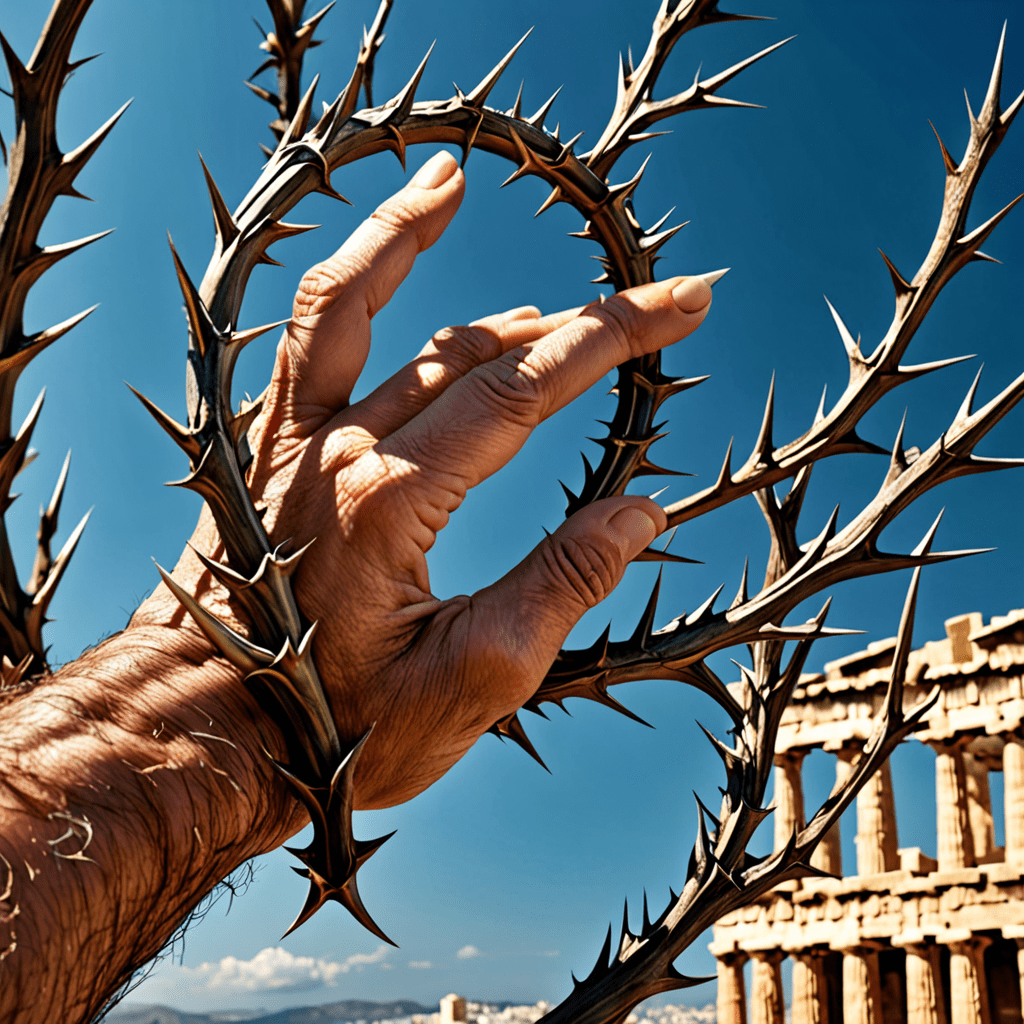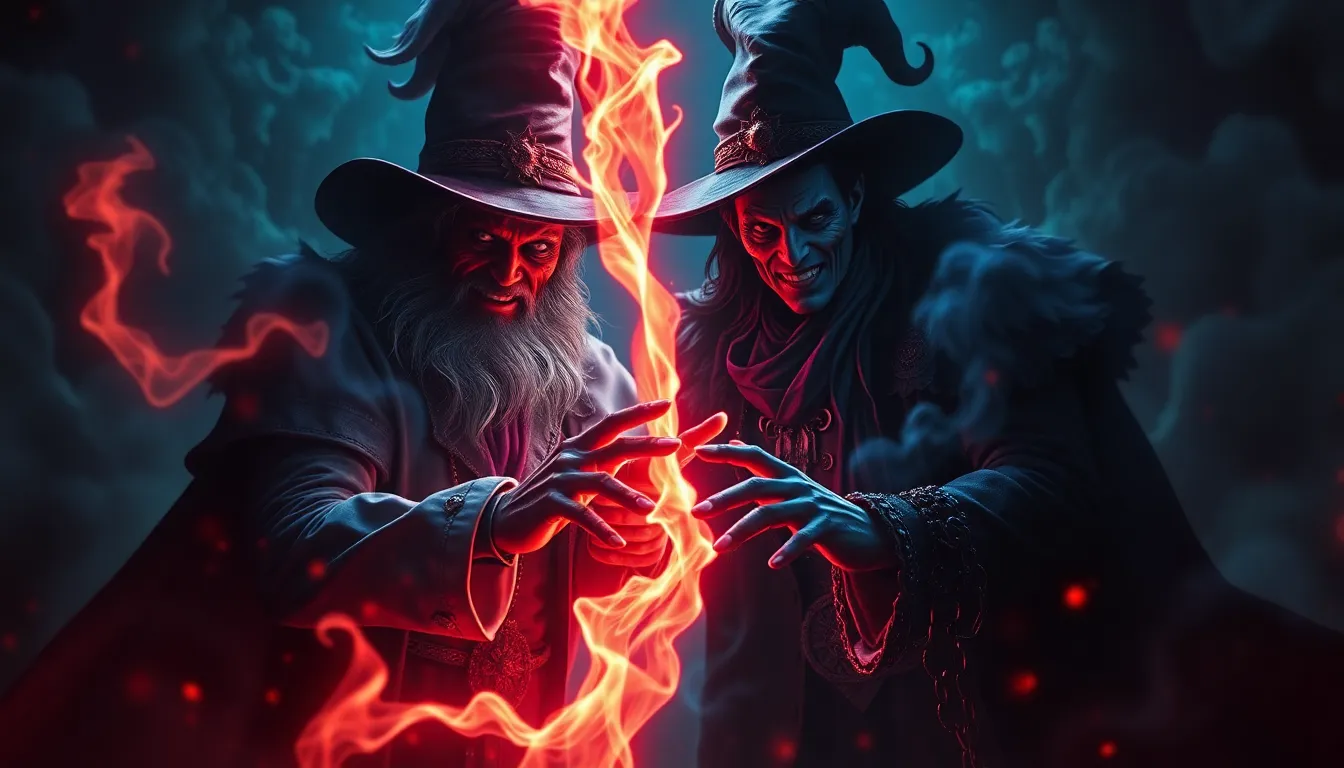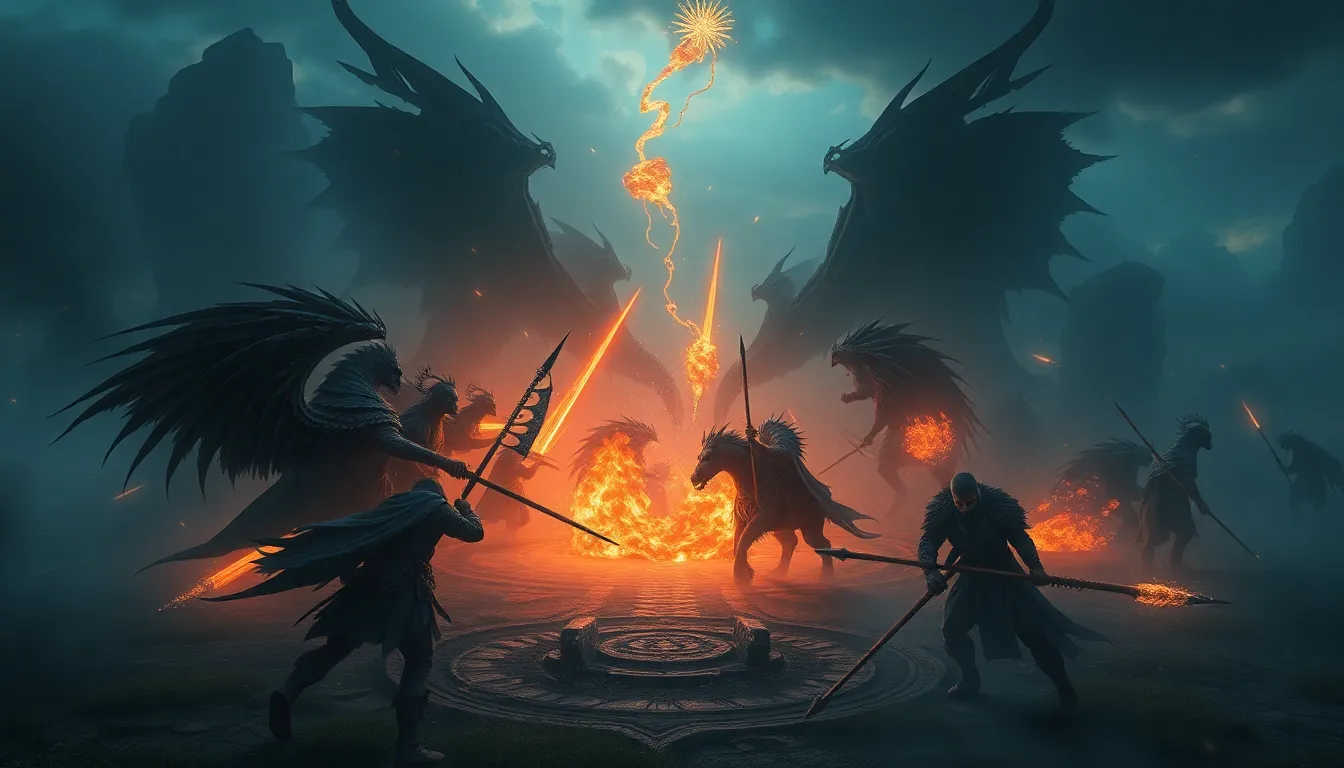The Symbolism of Thorns in Greek Mythology
In Greek mythology, thorns hold significant symbolism representing various elements such as protection, transformation, and the divine. Let’s delve into the intriguing symbol of thorns in ancient Greek tales.
Thorns as Symbols of Protection
Thorns are often portrayed as protective elements in Greek mythology. In the myth of the Golden Fleece, a magical object that is crucial for the hero Jason, the fleece is protected by a dragon that possesses sharp and formidable thorns. These thorns symbolize the challenge and obstacles that must be overcome in order to obtain the valuable prize, emphasizing the idea of protection through adversity.
Thorns Representing Transformation
In the myth of Persephone, the story of her abduction by Hades, the god of the underworld, is central to the changing seasons. The pomegranate, a fruit closely associated with Persephone and the underworld, is said to have thorny branches. These thorns embody the transformative power of adversity and darkness, leading to the cycle of rebirth and growth represented by the changing seasons.
Thorns as Divine Symbols
Thorns also appear as divine symbols in Greek mythology. Dionysus, the god of wine and ecstasy, is often depicted with a thyrsus, a staff wrapped in ivy vines with a pine cone or a cluster of grapes on top. The thyrsus is sometimes adorned with thorns, symbolizing the dual nature of Dionysus as both a god of joy and celebration, as well as of the untamed and wild forces of nature.
In Conclusion
Thorns in Greek mythology embody multifaceted symbolism, representing protection, transformation, and divine presence. These sharp elements serve as reminders of the challenges and adversities faced in life, the potential for growth and rebirth through struggles, and the complex nature of the divine forces portrayed in the ancient myths.
FAQ about the Symbolism of Thorns in Greek Mythology
What is the significance of thorns in Greek mythology?
Thorns in Greek mythology are often associated with protection, boundaries, and the unyielding forces of nature. They symbolize both the beauty and danger found in the natural world.
Which Greek myths feature thorns prominently?
One of the most famous Greek myths involving thorns is the story of the Minotaur in the labyrinth, where the maze was said to be surrounded by impenetrable thorny bushes. Another example is the tale of the golden fleece, where a dragon with thorn-covered skin guarded the precious fleece.
What do thorns represent in Greek culture?
Thorns are often seen as symbols of endurance, resilience, and the challenges that heroes must overcome in their quests. They can also signify the harsh and unforgiving aspects of life that one must navigate with care and determination.
How are thorns interpreted in the context of Greek gods and goddesses?
In Greek mythology, thorns can represent the divine punishment or protection of the gods. They serve as reminders of the power and authority of deities, as well as the consequences of crossing them.
Do thorns hold any symbolic meaning in Greek folklore outside of mythology?
Yes, even in Greek folklore outside of myths, thorns




